Fix: INVALID_RUNDOWN_PROTECTION_FLAGS 0x0000016C
Updating affected drivers is the quickest fix
4 min. read
Published on
Read our disclosure page to find out how can you help Windows Report sustain the editorial team. Read more
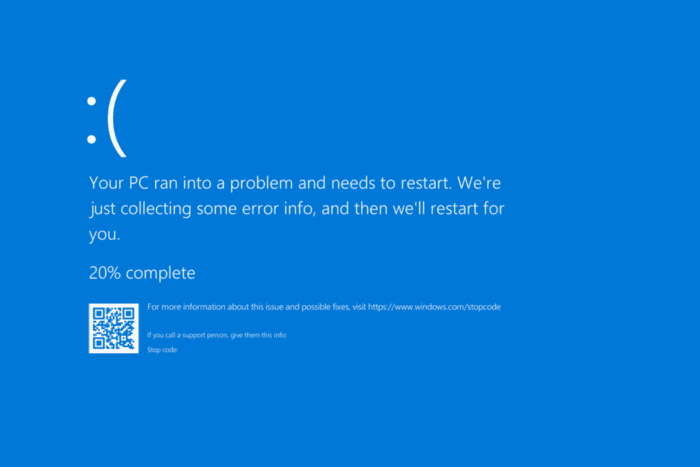
The INVALID_RUNDOWN_PROTECTION_FLAGS Windows blue screen, with error code 0x0000016C, is encountered when invalid flags are passed to the rundown protection APIs.
The error is highly uncommon, and its underlying causes include outdated or incompatible drivers, corrupted system files, conflicting third-party apps, a buggy Windows update, and issues with the system’s memory.
Before you proceed, restart the PC, install pending Windows updates, reseat the RAM sticks in the correct slots, and disable overclocking if you have set up any. For most of you, this should fix the INVALID_RUNDOWN_PROTECTION_FLAGS bug check!
How can I fix INVALID_RUNDOWN_PROTECTION_FLAGS BSoD?
 NOTE
NOTE
1. Update all the drivers
- Press Windows + X to open the Power User menu, and select Device Manager.
- Expand the various entries here, right-click on the devices listed underneath individually, and select Update driver.
- Click on Search automatically for drivers and wait for Windows to install the best locally available version.
- Similarly, update the other drivers, then reboot the PC and check for improvements.
The INVALID_RUNDOWN_PROTECTION_FLAGS 0x16C blue screen is, more often than not, caused by outdated drivers. So, your primary approach should be to update all the drivers, especially critical ones like those for the network and graphics adapters.
If Windows can’t find a better version, go to the manufacturer’s official website, find the new releases, and then manually install the latest driver.
2. Repair the corrupted system files
- Press Windows + S to open Search, type Command Prompt, and click on Run as administrator.
- Click Yes in the UAC prompt.
- Paste the following DISM commands and hit Enter after each:
DISM /Online /Cleanup-Image /CheckHealthDISM /Online /Cleanup-Image /ScanHealthDISM /Online /Cleanup-Image /RestoreHealth - Next, run the SFC scan command:
sfc /scannow - Finally, reboot the PC to apply the changes.
If your PC has corrupted system files, it could be the reason behind the BSoD. To fix this, run the DISM (Deployment Image Servicing and Management) and SFC (System File Checker) scans, and these will replace all problematic files with a fresh copy!
3. Uninstall conflicting apps
- Press Windows + R to open Run, type appwiz.cpl in the text field, and hit Enter.
- Select any app that was recently downloaded or updated, and click on Uninstall.
- Follow the on-screen instructions to complete the process and then restart the computer.
- Now, download and install the same app from an official source.
If a quick removal doesn’t work, it could be due to the leftover app files and Registry entries. For this, I recommend using a top-rated software uninstaller and completely wiping all traces of the program.
4. Uninstall recent Windows updates
- Press Windows + I to open Settings, go to Windows Update from the navigation pane, and click on Update history.
- Scroll down and click on Uninstall updates.
- Click the Uninstall option next to the recently installed update.
- Again, click Uninstall in the confirmation prompt.
- Finally, reboot the PC and verify whether INVALID_RUNDOWN_PROTECTION_FLAGS is fixed.
5. Test the RAM
- Press Windows + S to open Search, type Windows Memory Diagnostic, and click on the relevant result.
- Click on Restart now and check for problems.
- Once the PC reboots, check the mdsched logs and look for problems with the RAM.
When Windows Memory Diagnostic can’t detect any issues, I recommend running Memtest86+, an advanced open-source memory testing tool that runs a wide array of scans on individual RAM modules and finds even the smallest of problems.
If issues are detected, first try reseating the RAM sticks in the correct slots, and when that doesn’t work, replace the malfunctioning module to get rid of INVALID_RUNDOWN_PROTECTION_FLAGS.
6. Reinstall Windows
When nothing else works, you can reinstall Windows and fix all software-related conflicts. To prevent data loss, it’s best to move critical files to external storage before you proceed.
To reinstall Windows, connect a formatted USB flash drive to another PC > go to Microsoft’s official website > download the Media Creation Tool > create a bootable Windows USB > plug it into the affected PC > change the boot order to the flash drive > run the Windows setup and finish the installation.
If even a Windows reinstallation fails to resolve the INVALID_RUNDOWN_PROTECTION_FLAGS blue screen, it’s most likely a hardware malfunction to blame. In this case, you must contact a professional or visit a local repair shop and get the PC’s hardware inspected.
Before you leave, learn all the causes of BSoD and take the necessary measures to prevent such errors from appearing!
For any queries or to share which fix worked for you, drop a comment below.
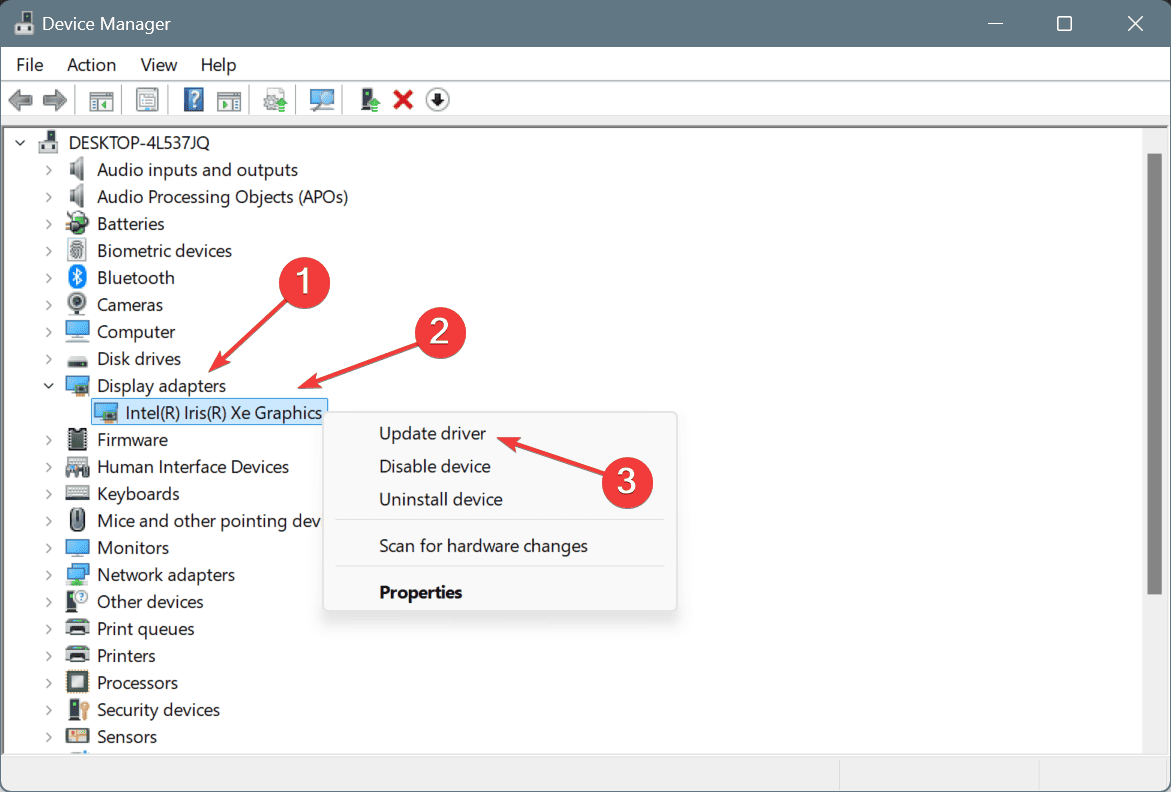
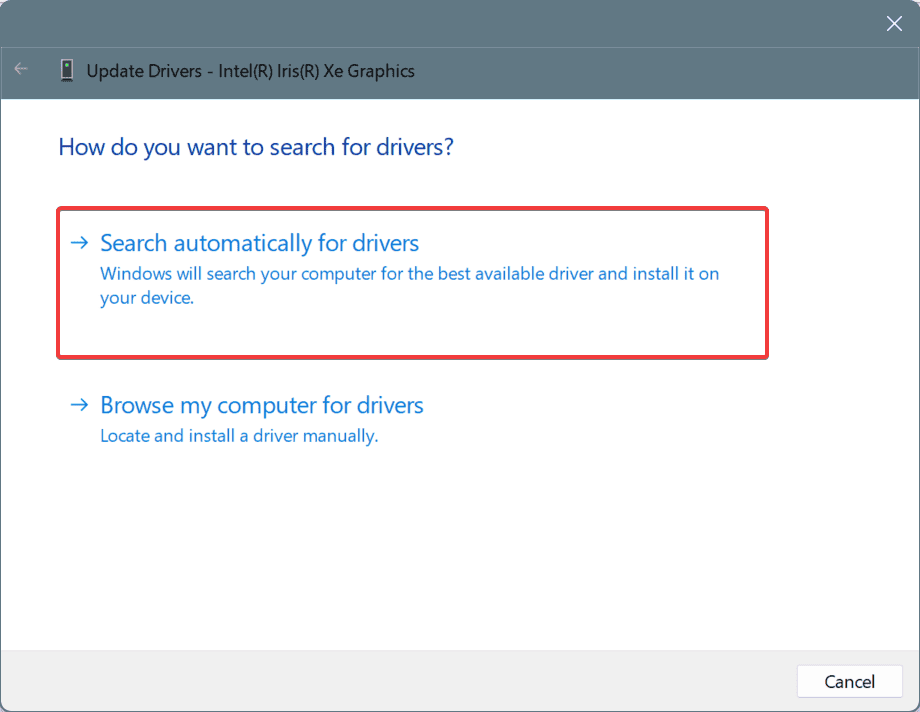
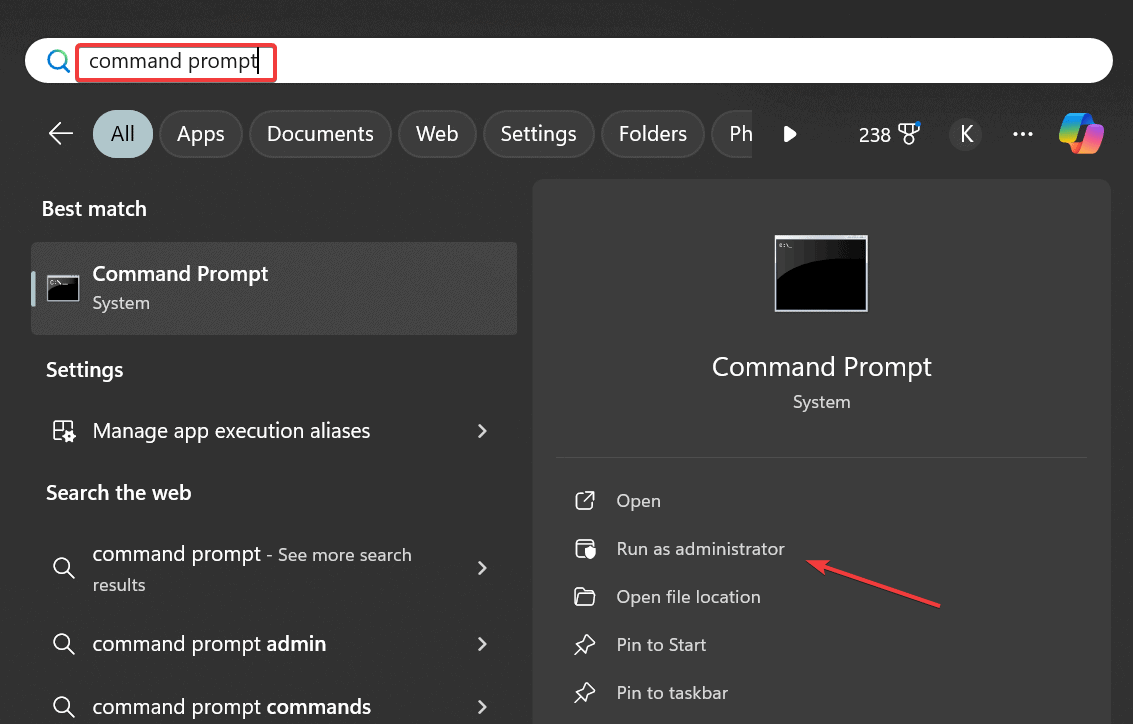
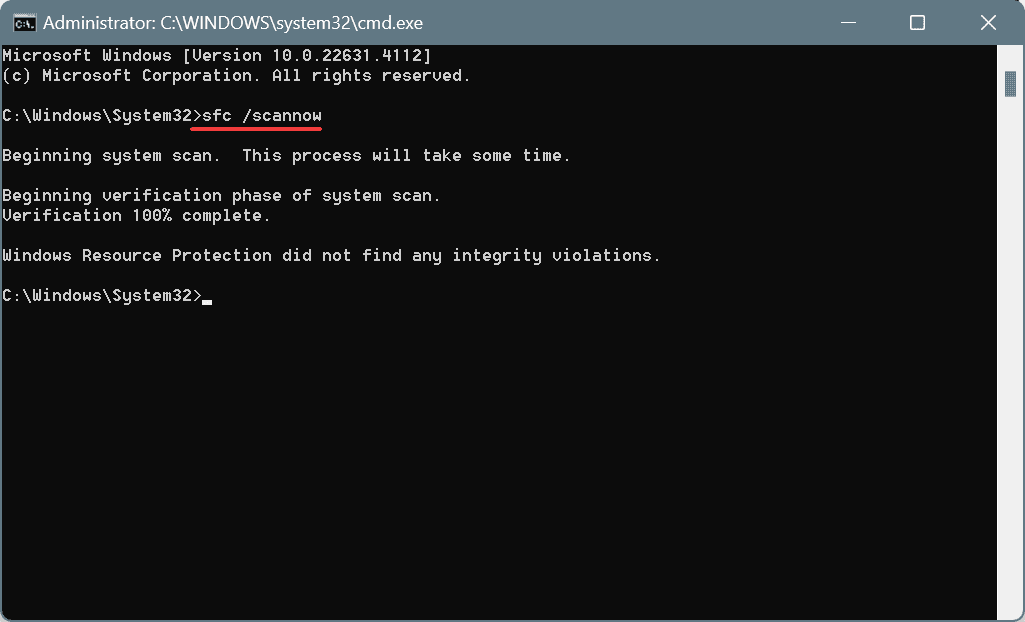
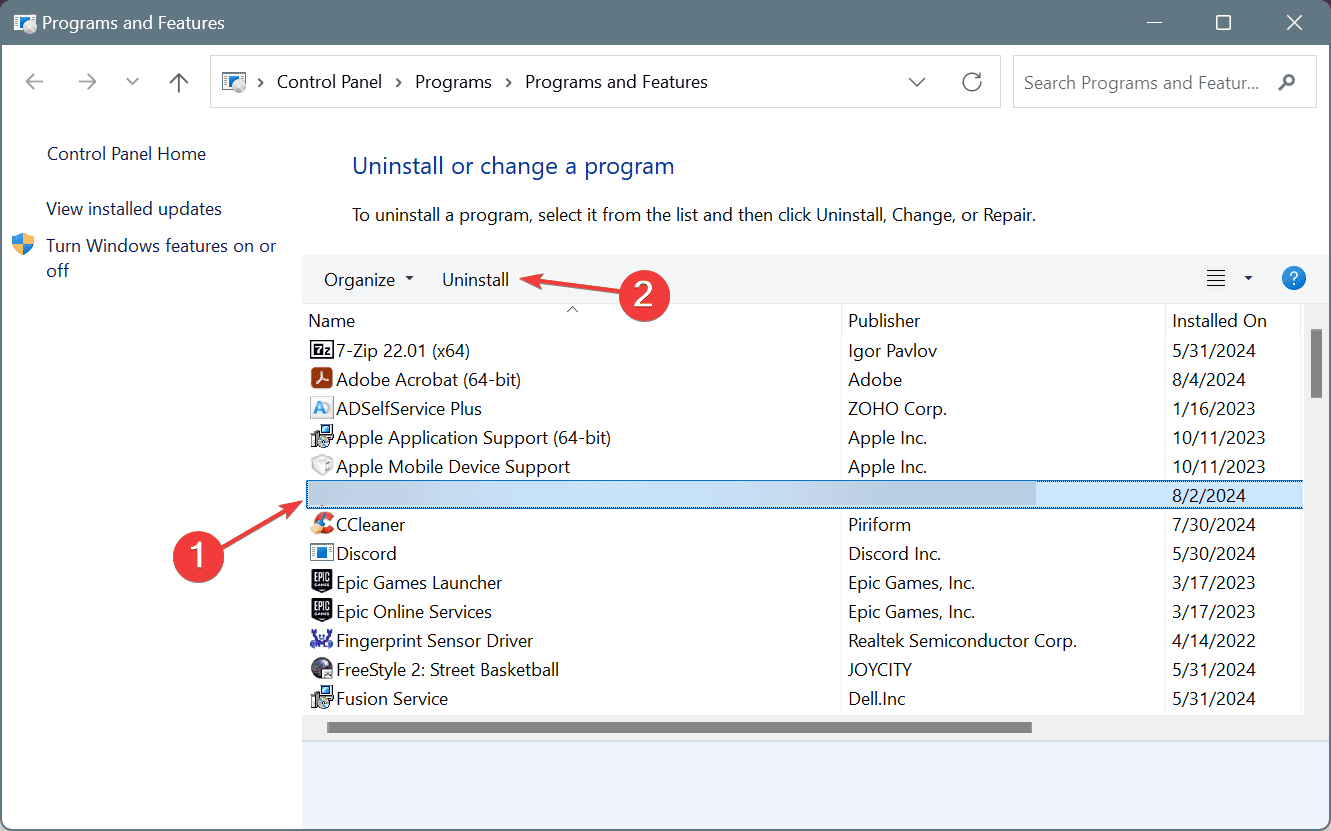
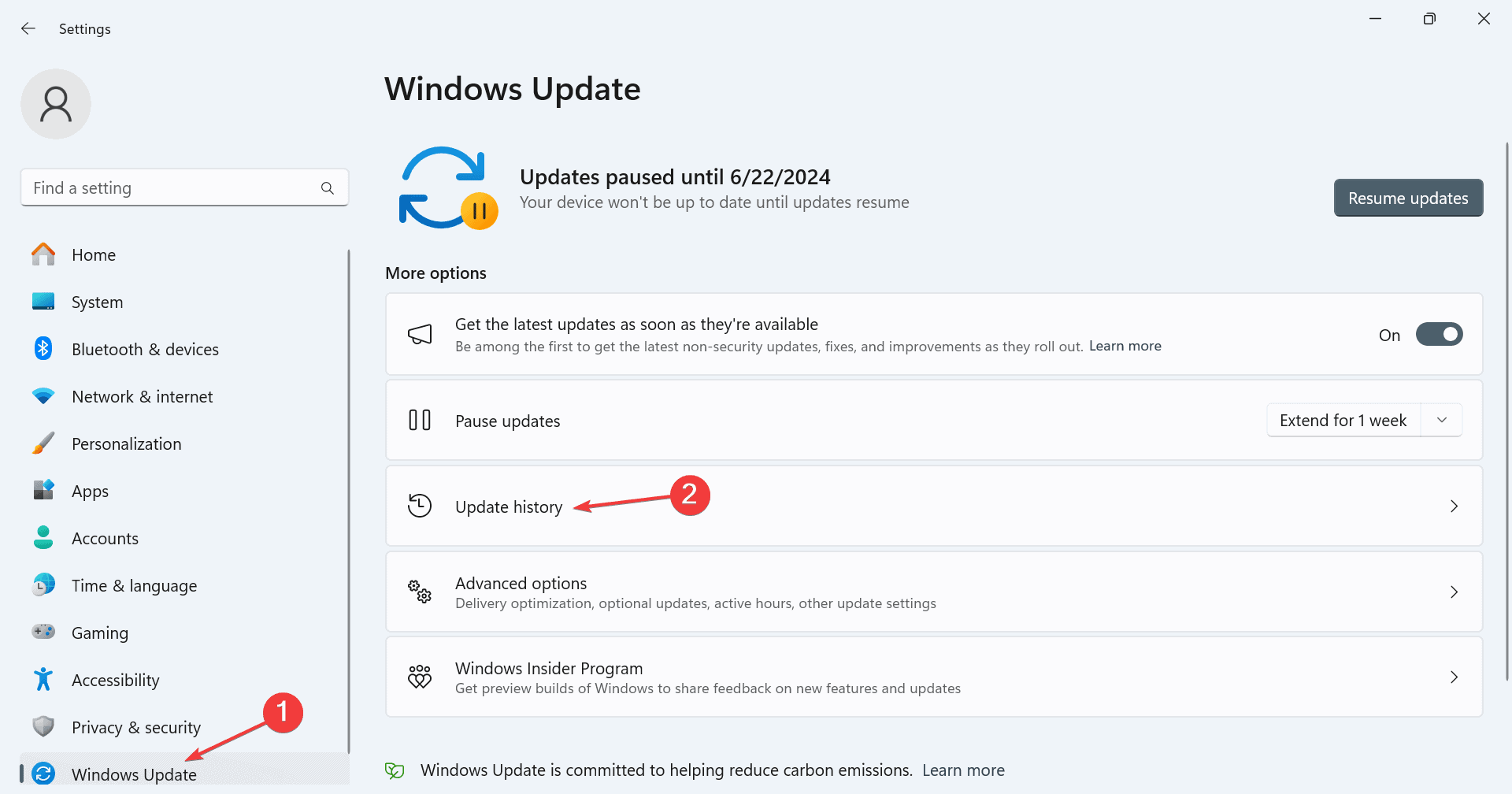
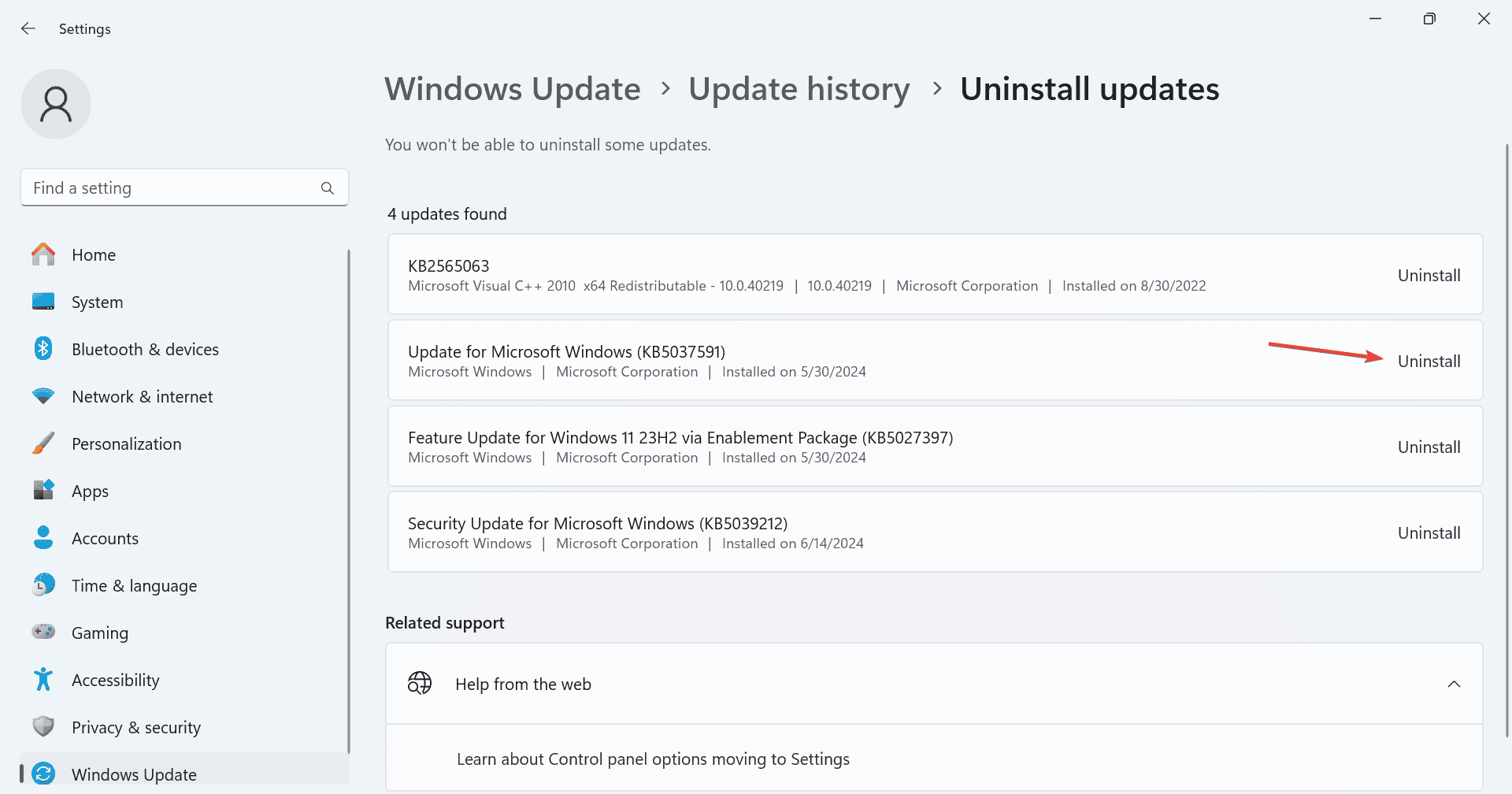
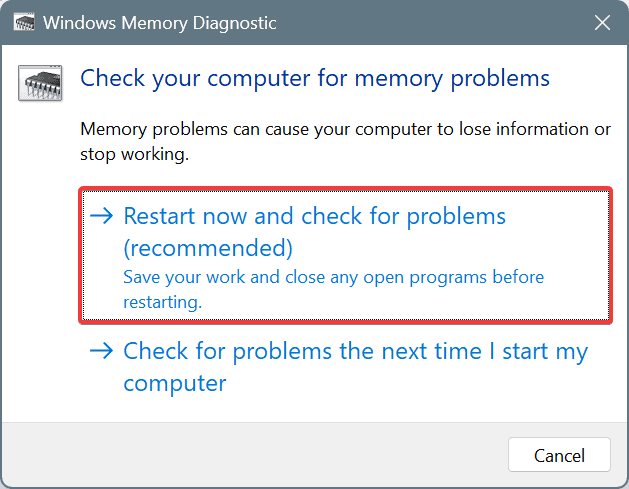
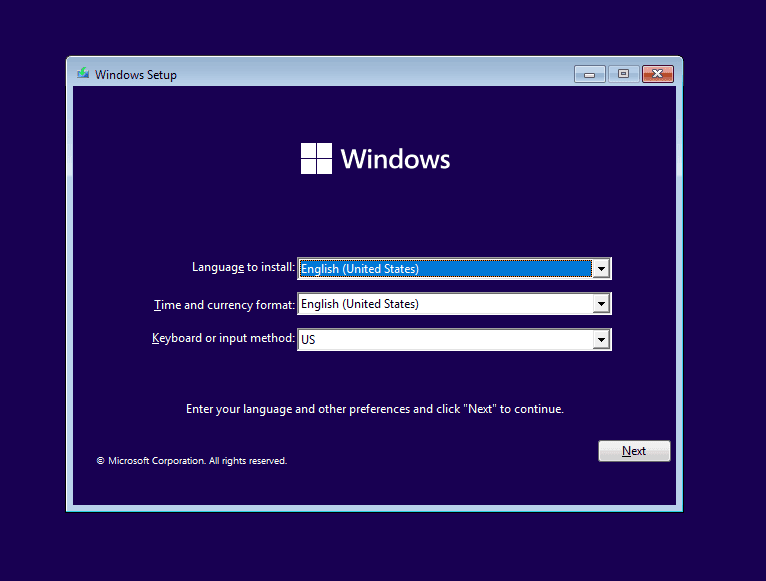
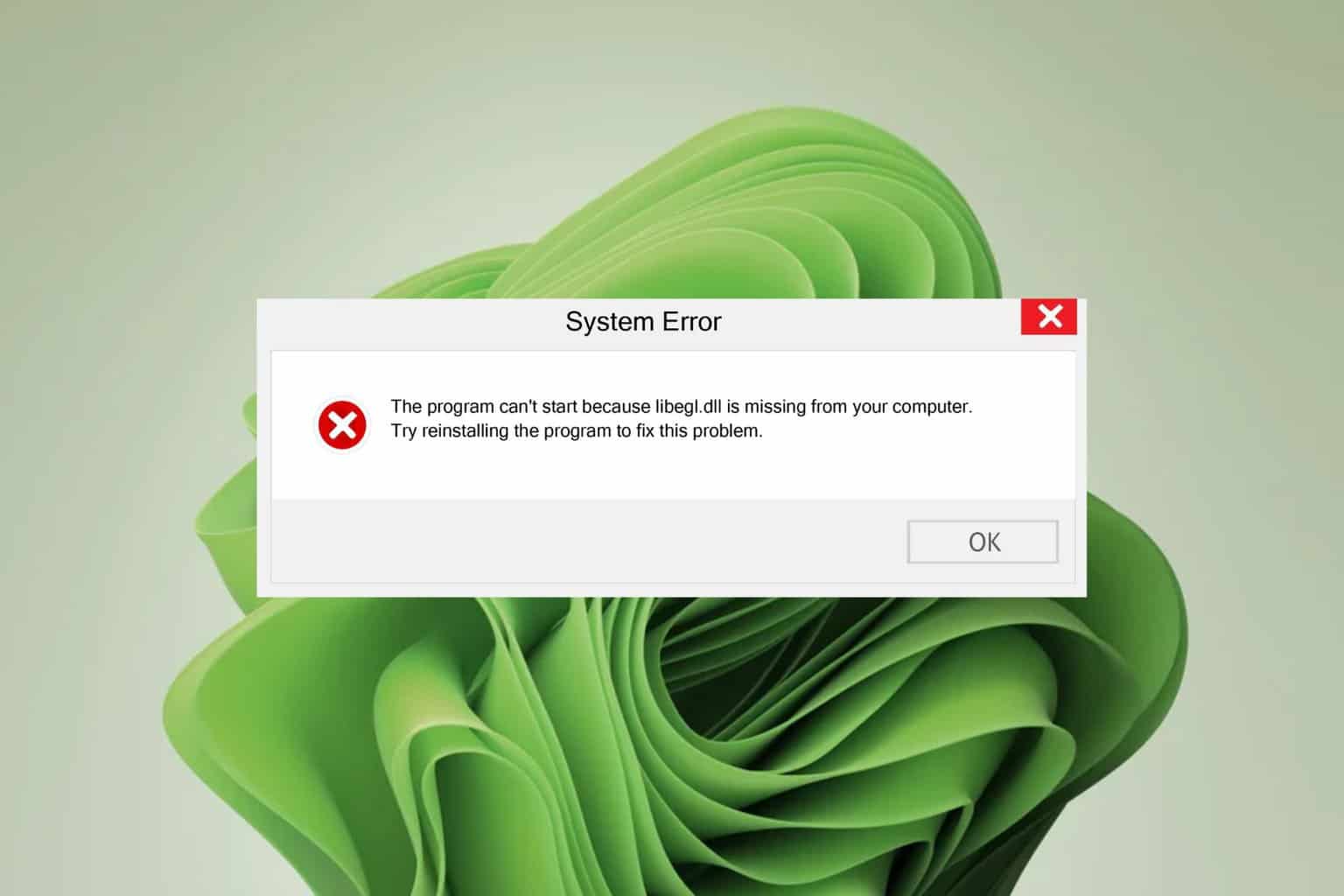
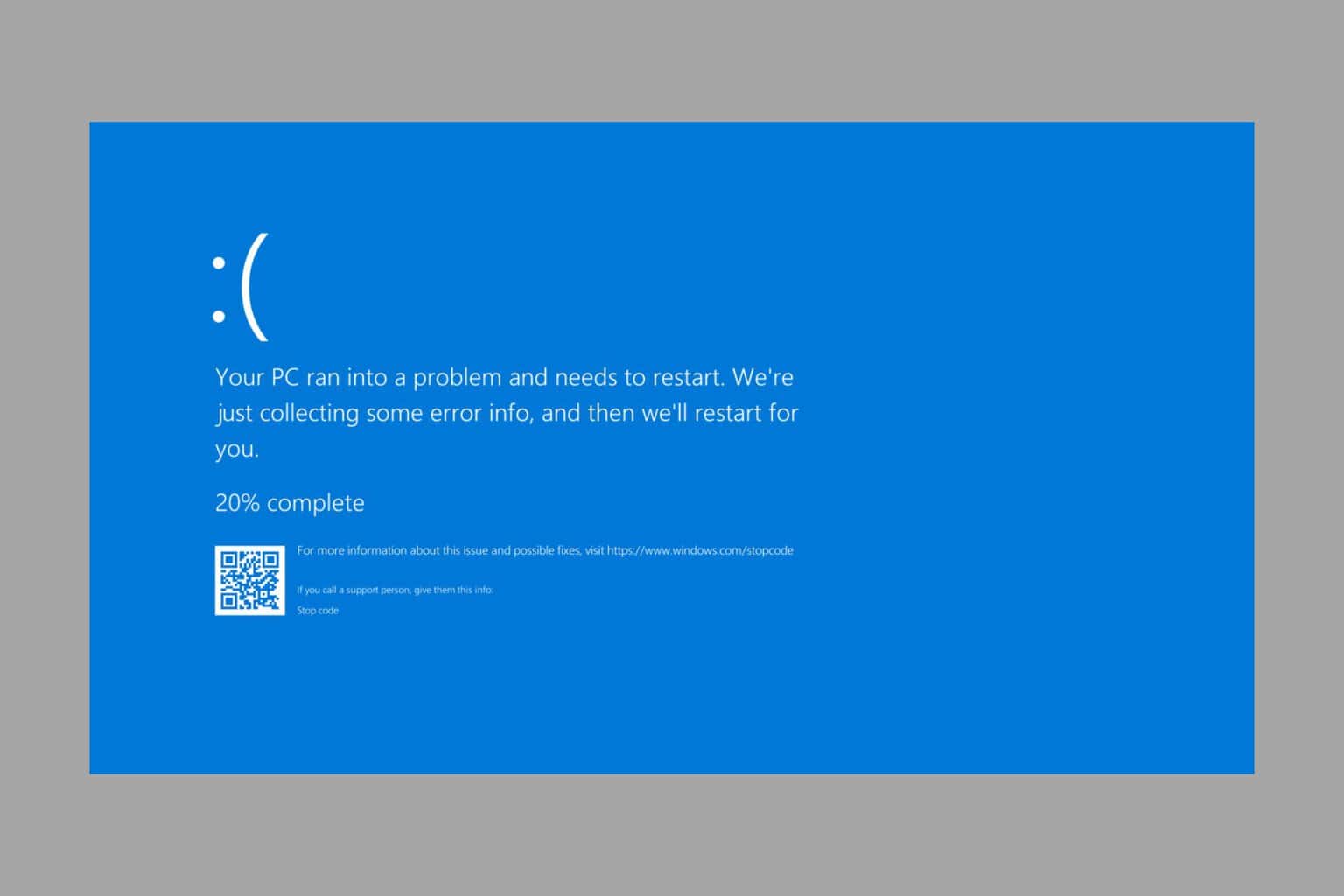
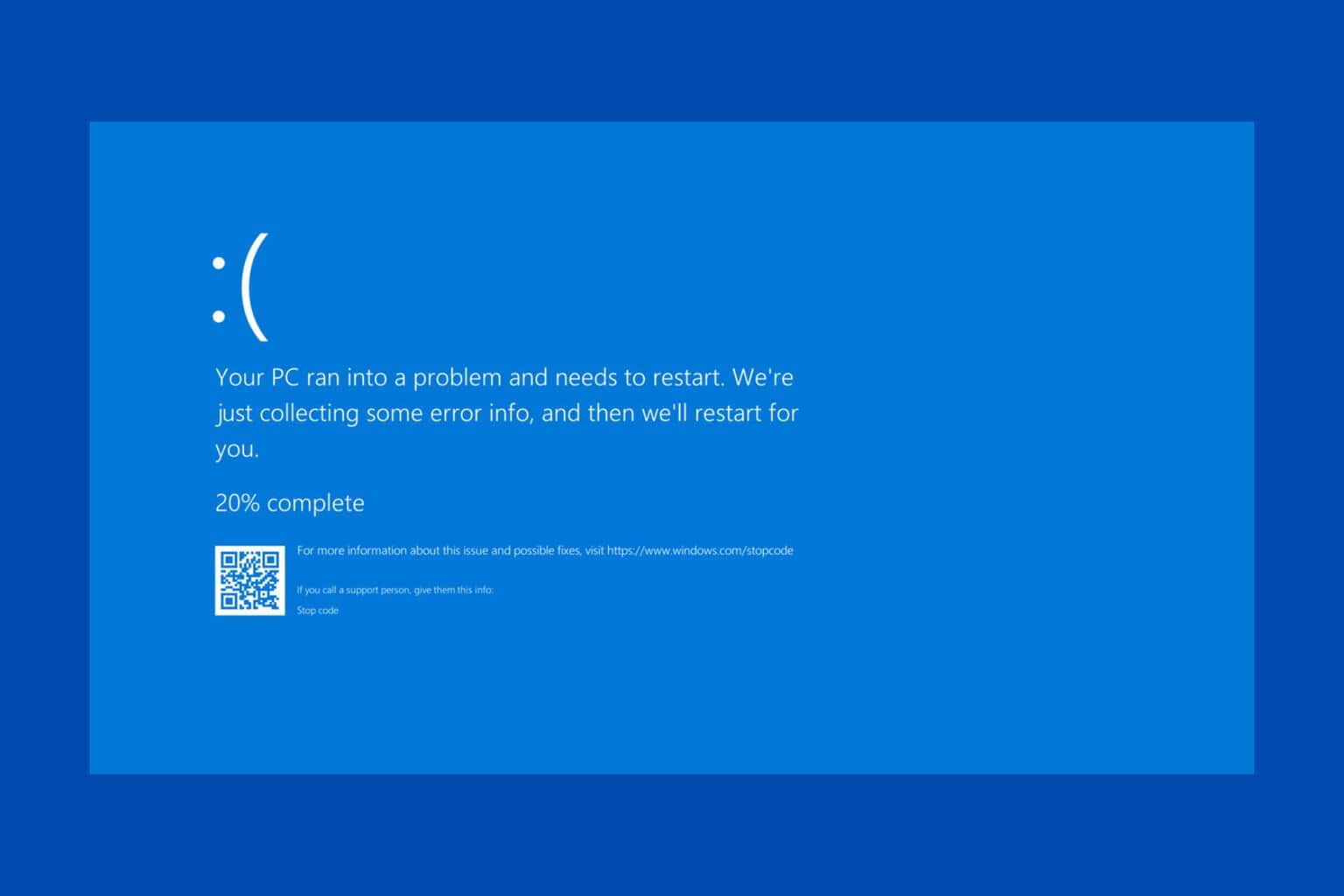
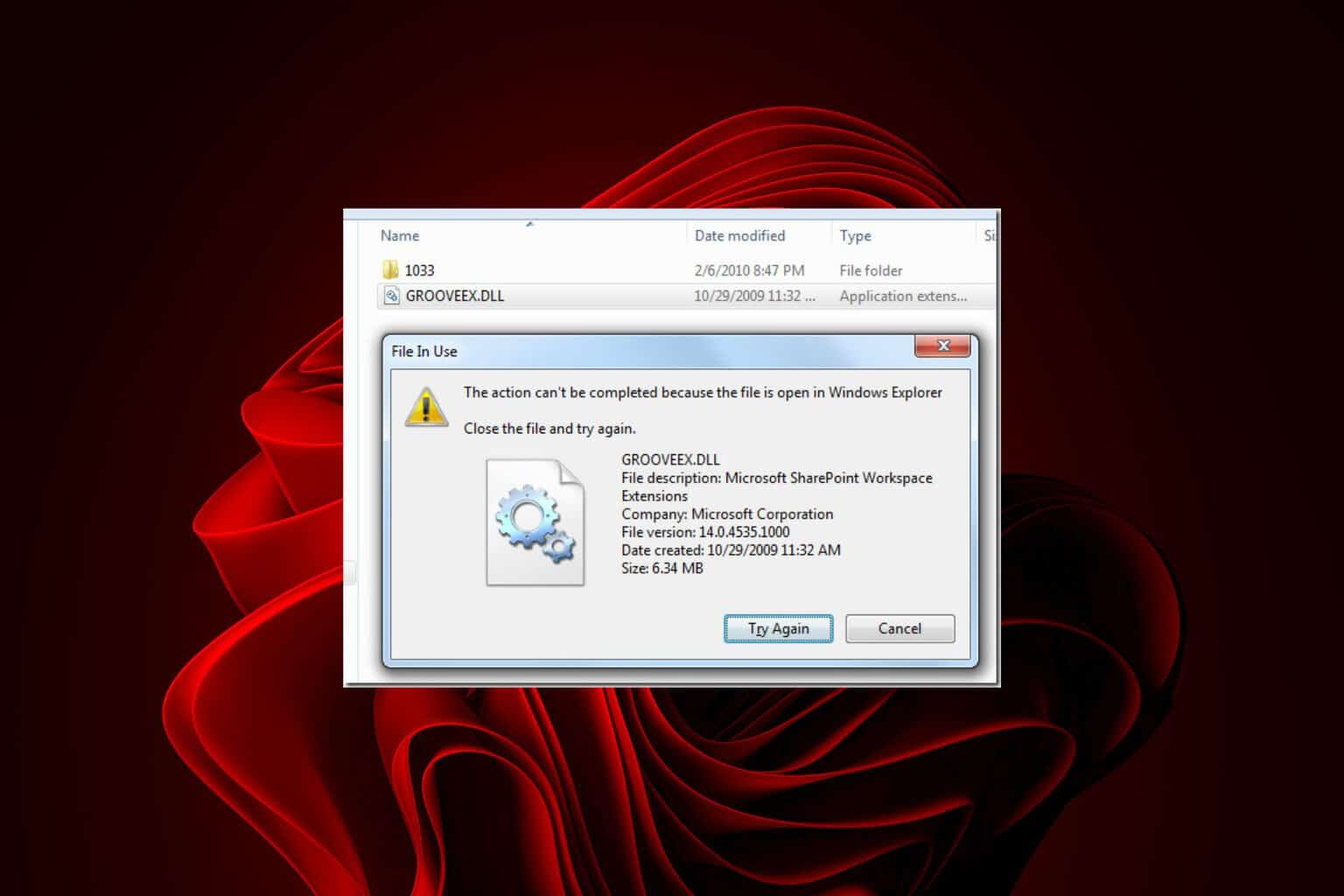
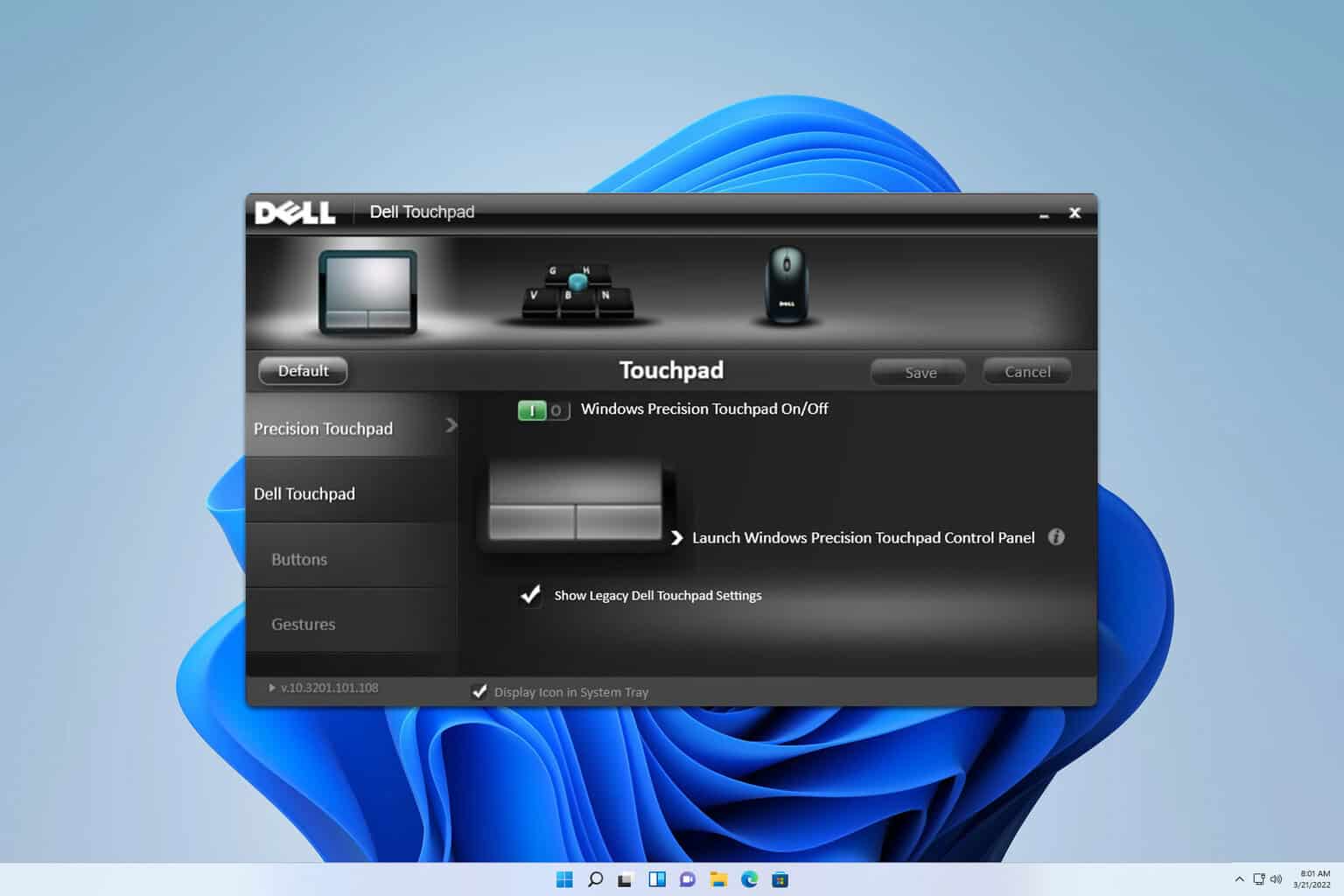

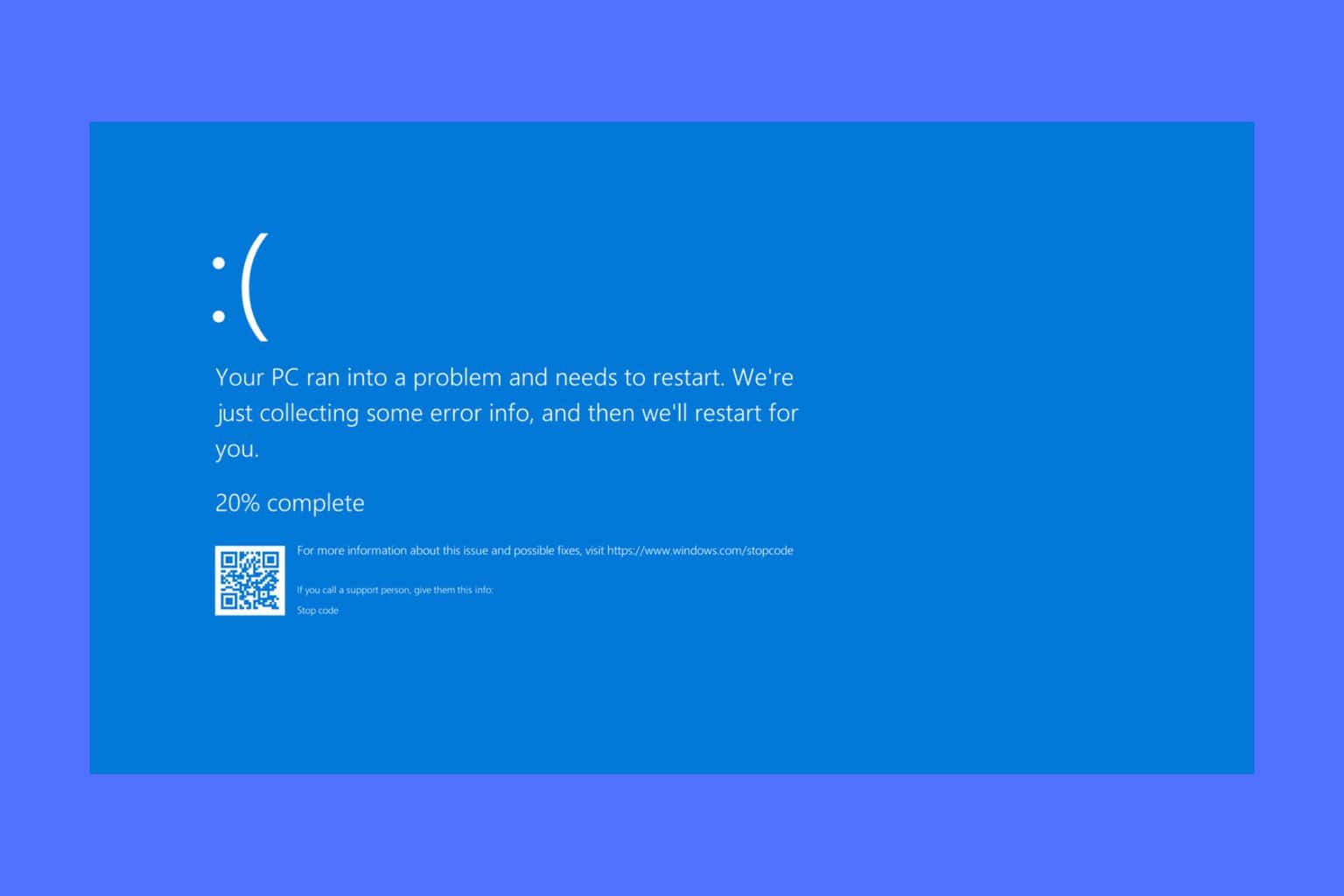
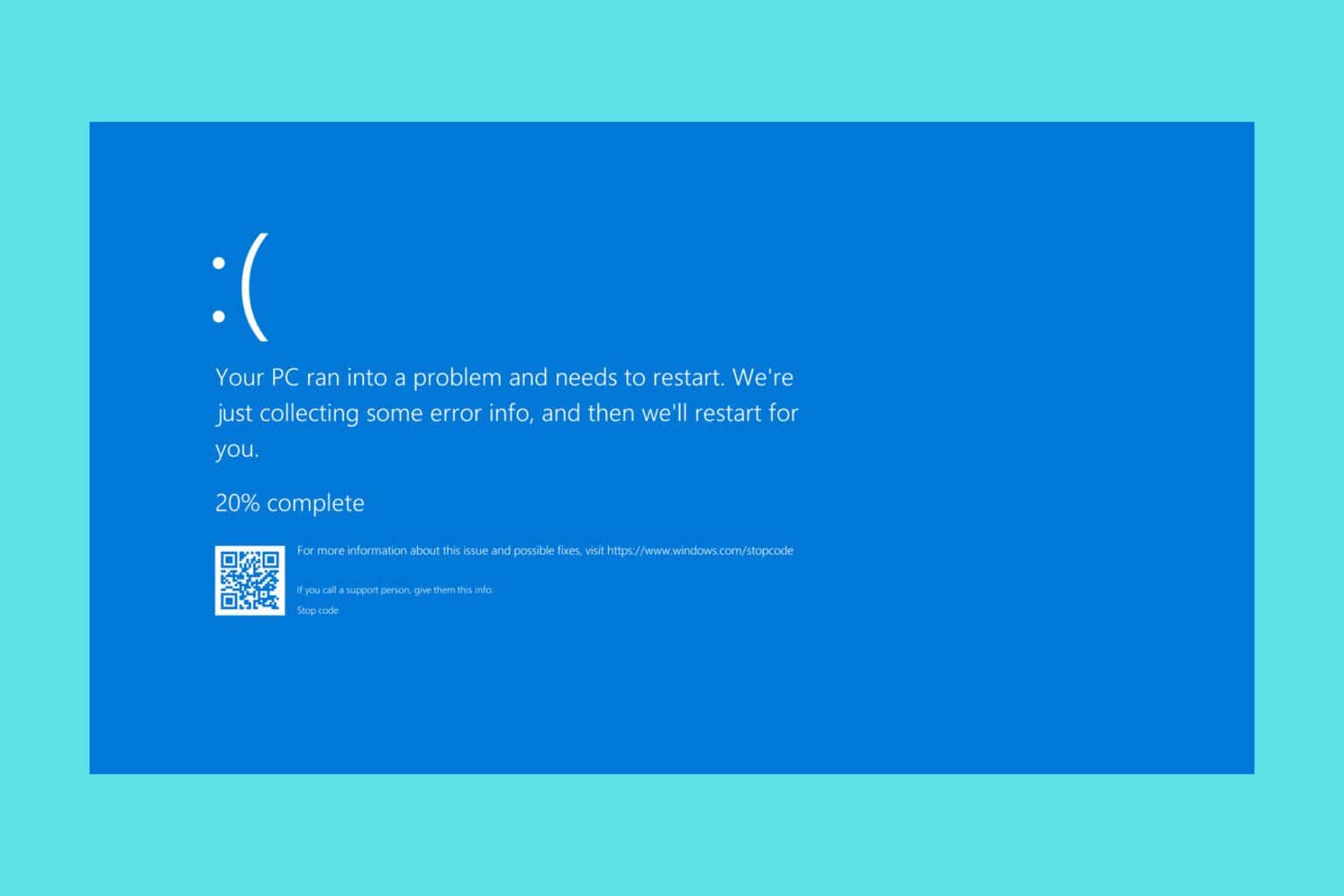
User forum
0 messages